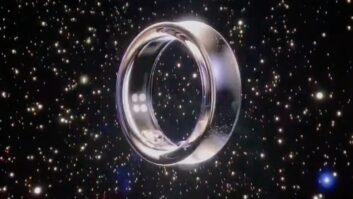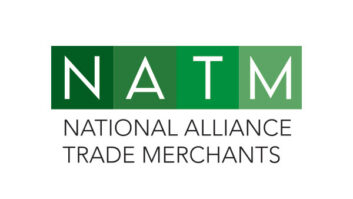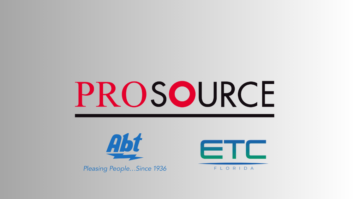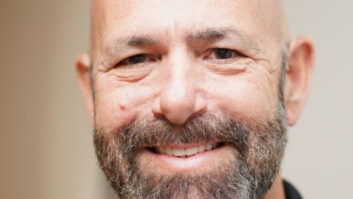LAS VEGAS — FCC chairman Kevin Martin said in a wide-ranging International CES Industry Insiders event that the Feb. 17, 2009, analog cutoff was a “hard date” and there was no way he could envision it changing
“After all of our efforts we couldn’t just turn around and say ‘We’re just kidding.’” He added there couldn’t be anything worse to “dis-incentivize” the transition and those lining up to bid on the newly available 700 MHz spectrum.
When asked by Consumer Electronics Association president Gary Shapiro — who served as questioner during the 45-minute session — how the digital transition was going, Martin noted the various concerned parties were “doing a good job. That said, the industry and we need to be doing more.” He gave no specific suggestions but he was pleased to see the educational efforts underway by broadcasters and retailers. Martin understood that many more efforts would kick in as the cutoff date arrived.
Martin stressed the analog-to-digital transition was important not only for the improved picture quality and interactivity but the fact the government could reclaim more spectrum to offer wireless broadband and to make available spectrum for public safety. The 9/11 Commission noted how important it was for first-responders to communicate with one another and the newly available spectrum would allow them to do so. The fact the government stands to reap billions from the auction is another key factor in that date remaining Feb. 17, 2009.
Shapiro asked Martin whether the Sirius/XM merger could possibly impact a potential merger between DirecTV and Echostar. Martin refused to comment on the satellite radio merger since it’s now being reviewed by the Department of Justice.
A merger of satellite TV companies would depend a great deal on those results. Martin said, as part of the satellite radio merger discussions, questions were raised regarding a la carte pricing, so consumers could pick and choose the channels they want. He felt that would be an important concession for the satellite TV providers as well — if it ever gets to that point.
One issue Martin was clearly not happy with was the price of monthly cable bills. He noted that with all of the work of the FCC over the past 10 years, the price of practically every service has dropped — wireless, long distance and so on — “everything but the one exception, cable. Prices of these other services have dropped between 25 and 100 percent but cable bills have increased 100 percent since 1996.” Martin said he would keep agitating for more flexibility with cable bills, to let the free market work and let consumers ultimately decide. “That’s why I have so many darts in my back,” he said to laughs from the audience.
Martin said he enjoyed coming to International CES since it’s the most fun show he attends. He was pleased to see new cellphones with over-the-air digital broadcasts as well as the many thinner flat-panel displays. Shapiro queried him about the Panasonic/Comcast announcement of Tru2way, formerly OCAP, that will not require a set-top box and is controlled by only one remote.
Martin was glad to see the cable companies finally discussing opening their networks since consumers simply want to connect their TVs and have access to content without the need for a cable box. He hoped that eventually there would be a standard so CE manufacturers could build sets that offer two-way interactivity without onerous terms.













